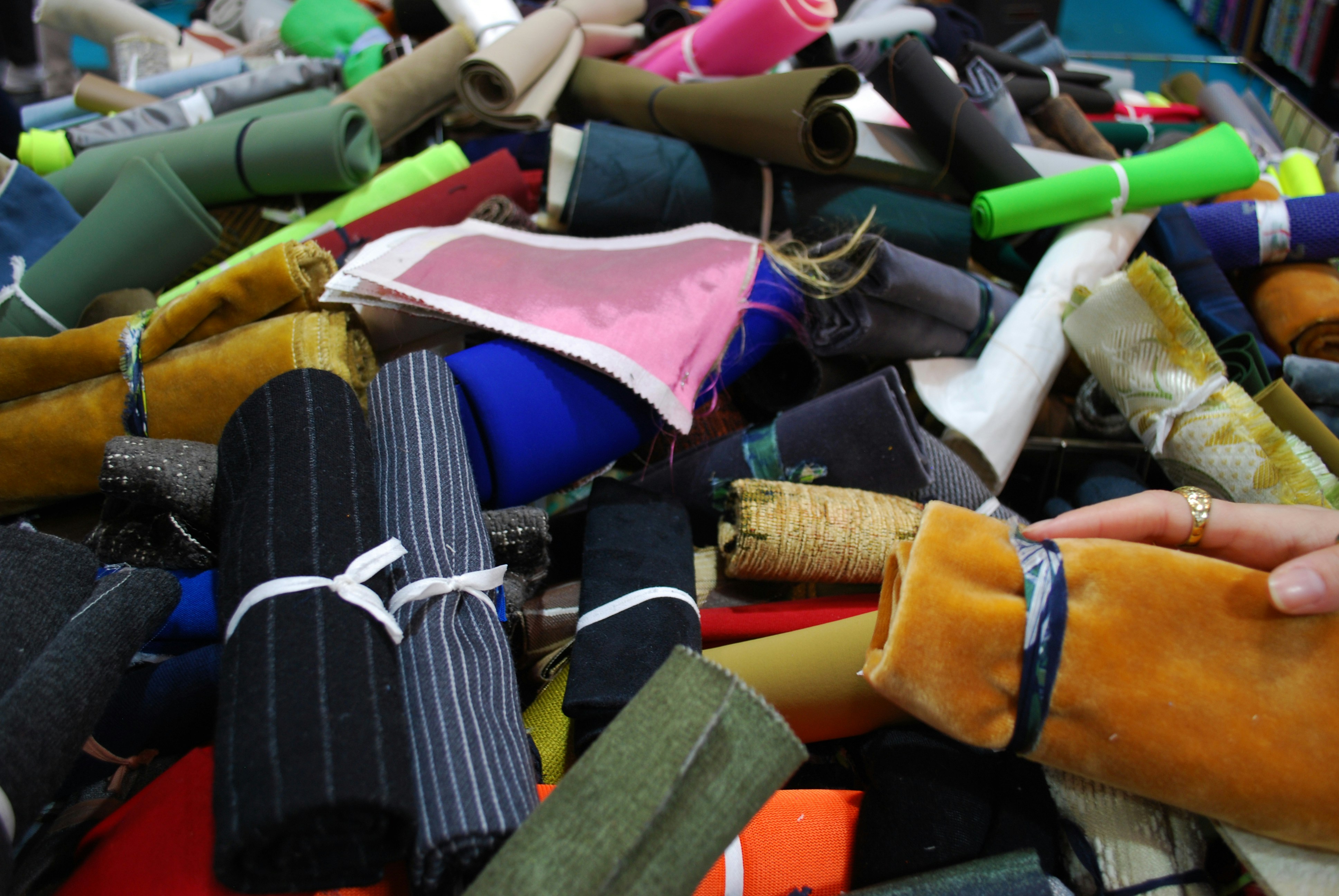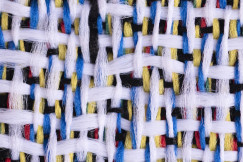Articles
30 June 2025
Mapping Global EPR for Textiles: Overview of existing and emerging schemes
Articles
30 June 2025
Sustainable competitiveness
Regulation and public governance
Textile
+11 more
Login / create an account to be able to react
-
10

The Global Fashion Agenda’s latest report offers a structured, global overview of Extended Producer Responsibility (EPR) schemes for textiles. By identifying key policy elements and promoting harmonisation, the resource supports stakeholders in building effective, circular waste management systems for fashion and apparel.
Global Fashion Agenda
Topics
Albania
Armenia
Austria
Belgium
Bosnia and Herzegovina
Bulgaria
Croatia
Cyprus
Czechia
Denmark
Estonia
EU-27
Finland
France
Georgia
Germany
Greece
Hungary
Iceland
Ireland
Italy
Kosovo
Latvia
Liechtenstein
Lithuania
Luxembourg
Malta
Moldova
Montenegro
Netherlands
North Macedonia
Norway
Poland
Portugal
Romania
Serbia
Slovakia
Slovenia
Spain
Sweden
Switzerland
Türkiye
Ukraine
Other
Academic / Research and VET Institutions
Company with 250 or more employees
EU Institutions
Industry Associations and Chambers of Commerce
International Organisations
National authorities
Networks and Federations / Confederations
-
Transition Pathway's building blocks
-
-
Sustainable competitiveness
-
Regulation and public governance
-
-
Industrial ecosystems
-
-
Textile
-
-
Textiles ecosystem areas
-
-
Fibres, yarns and fabrics
-
Apparel and clothing accessories
-
Household/interior textiles
-
Technical textiles
-
Leather and fur
-
Footwear
-
Research and Innovation
-
Technology and Machinery
-
Waste management, reuse and repair
-
Business support and Communication
-
Not area specific (interested in more than one of the above)
-
Share
To accelerate the fashion industry’s transition toward circularity, the Global Fashion Agenda (GFA) has released the report Mapping of Global Extended Producer Responsibility (EPR) for Textiles. This strategic resource provides a non-exhaustive, global overview of existing and emerging EPR schemes in the textile and apparel sectors, classified by continent.
The report pursues a dual objective:
- To identify and compare the requirements of EPR schemes worldwide, promoting harmonisation to reduce compliance costs for companies;
- To help prevent the fragmentation of systems that could delay the implementation of effective global textile waste management.
Each EPR scheme is described using a consistent set of information categories, including:
• Status – whether the scheme is voluntary or mandatory, active or in development
• Obligated producers
• Products in scope
• Known PROs (Producer Responsibility Organisations)
• Other implementation details
The mapping draws primarily on the WRAP Textiles EPR Status Report and aims to empower industry and policy actors with up-to-date, comparable insights.
Among the most advanced efforts, the European Union stands out. As of 1 January 2025, EU Member States are required to implement separate textile waste collection systems. In parallel, the revision of the Waste Framework Directive aims to introduce harmonised, minimum EPR requirements by 2027. These developments are seen as a model for other regions initiating or refining their own EPR systems.
By providing this transparent and structured resource, GFA aims to equip brands, policymakers, and circularity practitioners with the tools to align on definitions, reduce regulatory complexity, and enable innovation. Global harmonisation is key to unlocking scalability and delivering real environmental and economic impact across borders.
Comments (0)
See also
-
19
Welcome to the 'Competitive and Innovative Supply Chains' Workspace
- Categories
- Infrastructure Investments and funding R&I, techniques and technological solutions +16 more
-
3
Welcome to the Skills and Talent Community Workspace!
- Categories
- Infrastructure Investments and funding R&I, techniques and technological solutions +28 more
-
13
Welcome to the ‘Sustainable Business’ Community Workspace
- Categories
- Infrastructure Investments and funding R&I, techniques and technological solutions +19 more




